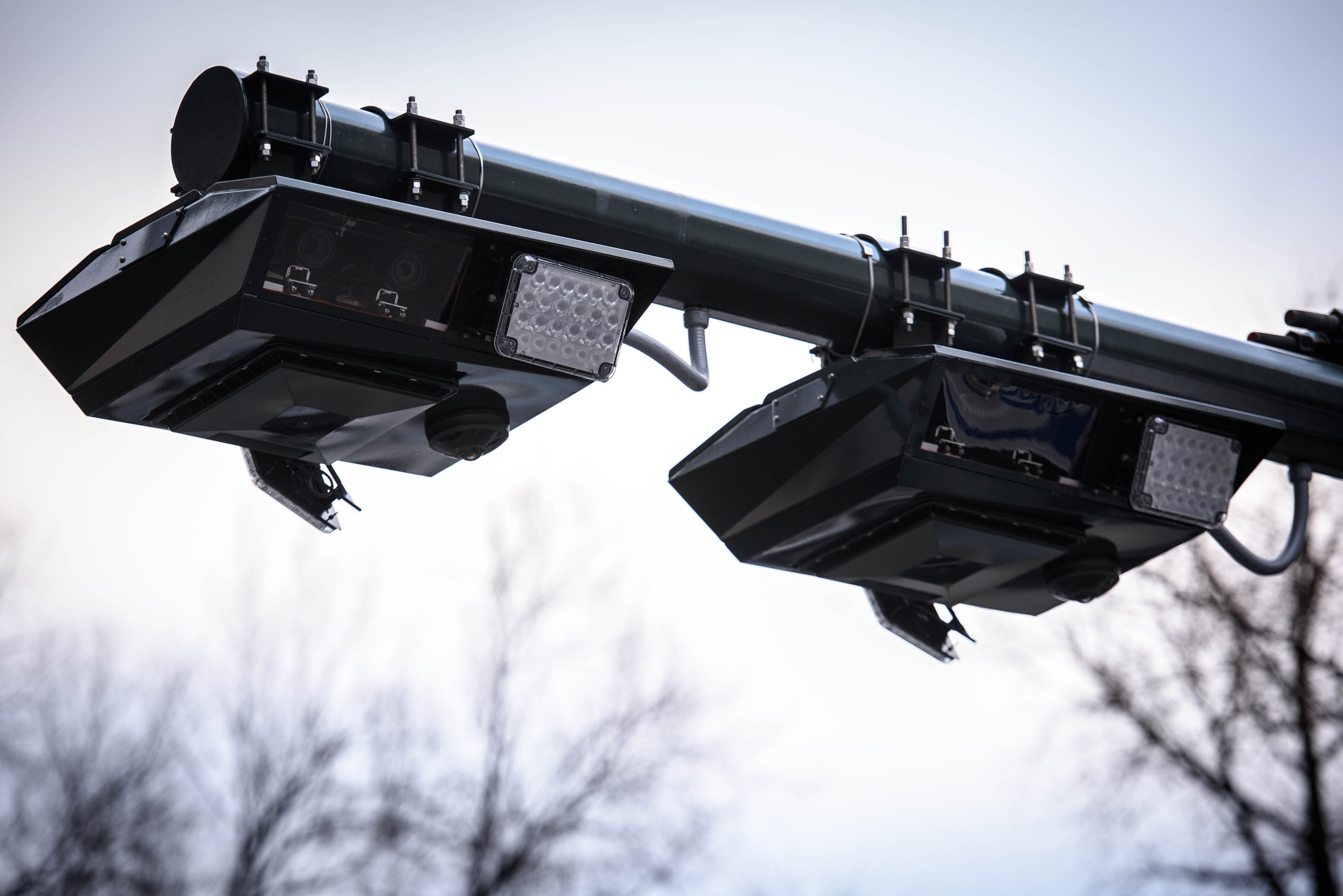After weeks of facing heavy criticism from law enforcement over New York's bail law, state Senate Democrats are considering a proposal to give judges more discretion over who is released from jail before trial.
Among other changes being floated, Senate Majority Leader Andrea Stewart-Cousins also announced Wednesday that she wants to eliminate cash bail in New York's criminal justice system, saying in a statement that no one will be left in pretrial detention "simply because of their inability to pay."
The law did away with cash bail for most misdemeanors and nonviolent offenses, but did not eliminate the practice entirely in New York.
But Stewart-Cousins' suggestion didn't soften the blow for reform advocates, who dealt a swift rebuke to the idea of expanding a judge's power to decide who is released from jail while a criminal case works through the legal system.
Assemblymember Tremaine Wright, a Democrat who represents a portion of Brooklyn, characterized the ideas as "a Jim Crow-style" rollback. She made the comment while joined by a crowd of demonstrators who filled a Capitol stairwell, urging state lawmakers to not make changes to the bail law.
A group of New York criminal defense organizations, including The Bronx Defenders, criticized the proposal and said it assumes that judges and prosecutors can predict a person's behavior.
News
"This will result in injustice for everyone in New York and will certainly end up exacerbating racially disparate outcomes," they said in a statement.
State Assembly Speaker Carl Heastie, a Democrat, said the law has been in place for six weeks and data should be used to determine how the law is playing out.
"I think that we should be cautious and wait for data before we react to anything," he said.
Ideological splits between Democrats over the bail law were on display Wednesday. More moderate members of the party want to roll back portions of the law. Meanwhile, liberal-leaning legislators have resisted.
The debate in Albany is one of the latest developments in a national conversation surrounding bail. New Mexico, New Jersey and Alaska have all passed changes to their bail system. In California, former Gov. Jerry Brown signed a bill in 2018 to eliminate bail for those awaiting trial.
New York's law went into effect at the beginning of the year.
State Sen. Todd Kaminsky, a Democrat of Long Island, said the proposal would completely eliminate cash bail but provide judges more power over which people can be held in jail.
"It removes wealth from the system," he said.
For certain crimes, he said, a judge could consider whether the person arrested will cause serious physical injury and their likelihood to returning to court.
Kaminsky said he was part of a working group on the issue, which took input from officials that included prosecutors and law enforcement officials.
The bail law has spurred a fierce political debate in New York, often pitting criminal justice advocates against prosecutors and law enforcement officials.
Democrats have come under intense criticism over the law, which has largely dominated conversations about criminal justice at the Capitol.
Prosecutors and law enforcement officials argue the law has jeopardized public safety. Many concerns center around cases of people being released under the new law and then committing new offenses.
Meanwhile, supporters of the bail law argue that the changes help prevent poor people from languishing in jail for minor offenses because they were not able to afford bail.



